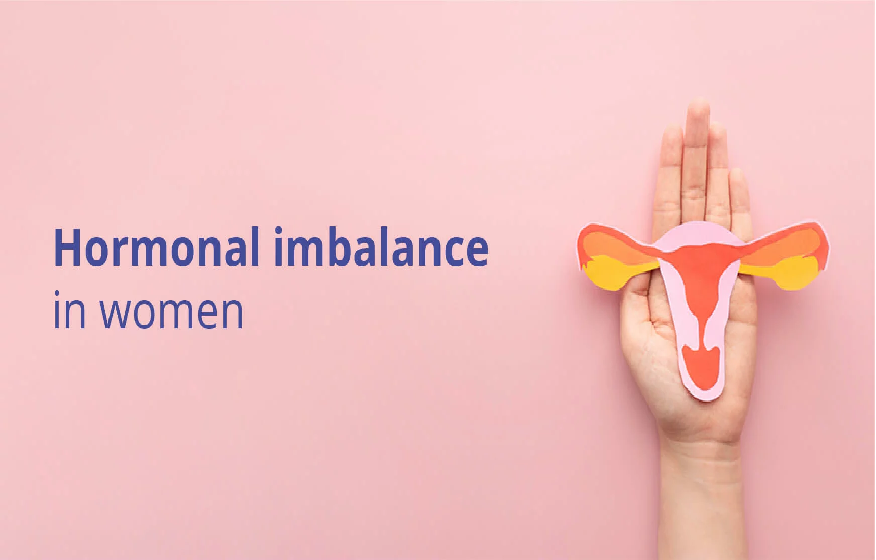
Hormones are chemicals released by various glands and tissues, forming a part of your endocrine system. These chemicals give messages to your body’s vitals, letting them know what function to perform and when to do it. Among the many functions hormones manage include metabolism, heart rate, sexual function, body temperature regulation, and more.
Considering that the body impacts many functions, imbalances can result in uncomfortable symptoms. Atlanta hormone health focuses on identifying any hormone imbalance problems and working to manage them effectively. Here are some key symptoms of hormone imbalances you should watch out for to understand when therapy is necessary.
1. Excessive Weight Gain
Fluctuating hormone levels are attributed to weight gain and problems losing weight. High cortisol, insulin, and estrogen levels and reduced thyroxine levels can all result in extra belly fat.
2. Excessive Sweating
Hormones control body temperature, so a hormone imbalance will likely lead to excessive sweating. Excessive sweating may also stem from endocrine changes in conditions, such as hyperthyroidism, and diabetes, and at various life stages like pregnancy and perimenopause.
3. Decreased Sex Drive
Various factors, including emotional and physical well-being, relationships, past experiences, and beliefs, could influence an individual’s sex drive. Various health conditions and medications could also hugely affect your libido. For instance, your sexual desire might drop due to variations in progesterone and estrogen levels or health issues like an underactive thyroid or diabetes.
4. Hair Loss
Most individuals lose their hair every day. However, if you start to lose huge chunks of hair, it might signify a health condition. When dealing with hair loss, it is crucial to address the underlying cause of the issues, and not simply the symptom, and in most cases, hormone fluctuations are to blame.
5. Extreme Fatigue
Everybody experiences fatigue occasionally. However, if you frequently feel tired, you may have a problem with the thyroid gland. Constant fatigue is associated with an issue with the thyroid hormone thyroxine. Moreover, hormone imbalances may increase stress and sleep deprivation, which leads to heightened fatigue.
6. Persistent Acne
It is common to experience acne during your menses. However, hormone imbalances cause acne that develops outside your menses and worsens other skin issues. Increased levels of androgens, such as testosterone, are also linked to acne issues.
7. Loss of Muscle Mass
The endocrine system plays a vital role in regulating muscle metabolism. Hormones like growth hormones, insulin-like growth factors, and androgen influence muscle mass and development. The lack of some hormones could also impact muscle strength.
8. Digestive Issues
Sex hormones, particularly estrogen, affect the microflora in the gut, which affects GI tract functionality. As such, you may experience abdominal pain, constipation, diarrhea, bowel discomfort, and nausea before and after menstruation. Estrogen’s effects on your gut also explain why more women are susceptible to irritable bowel syndrome (IBS) than men.
Hormones are powerful and complex chemicals. If one or more hormones are out of whack, it could lead to certain symptoms that make you feel like you are not in control of your body. If you experience new or persistent symptoms, consult a health practitioner. Your doctor may request specific tests to determine if a hormone imbalance or another issue is triggering your condition.
While some hormone imbalances correct with time, and others are manageable with lifestyle modifications like healthy dieting, exercising, and more, others need more aggressive therapy. Consult your provider about whether you are eligible for bioidentical hormone therapy.







